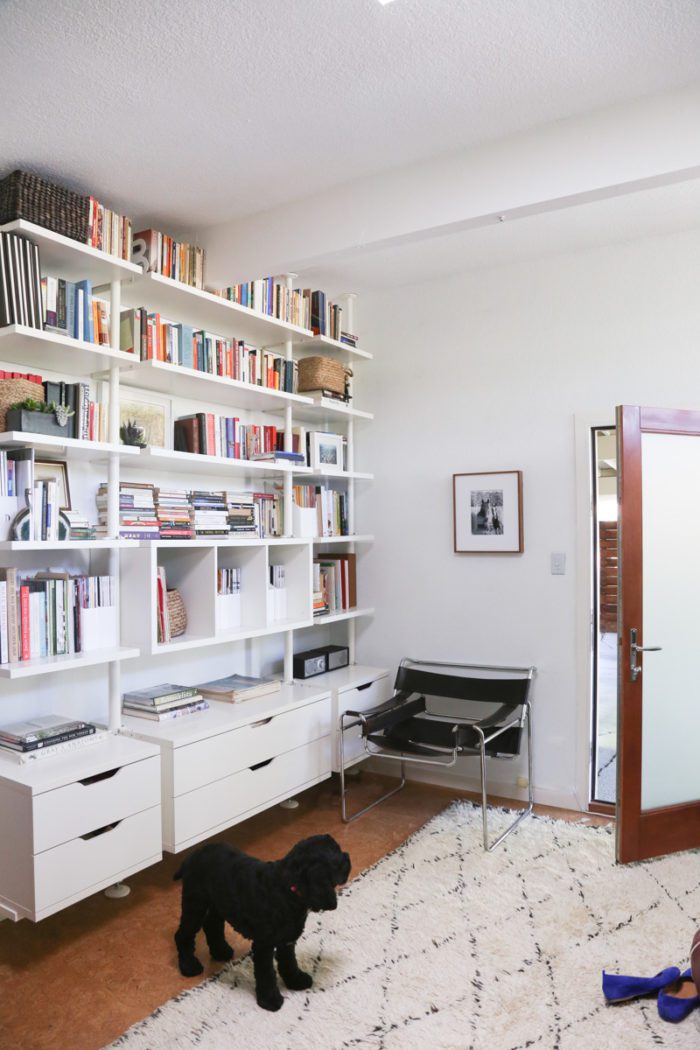
When it comes to email, I am drowning. The ideal of “Inbox-Zero” gave way a long time ago to archive-everything. This was not intentional. I use the flags and the stars, I bulk delete unread messages in those less important “promotions” tabs, and I do my best to reply quickly to quick notes rather than read things twice. I always reply to personal contacts—if not always as quickly as I’d like—and try to reply to every reader question, but when it comes to ill-suited PR pitches and “would you share this?”-queries, I often hit delete. I used to take the time to say “thank you, but no,” but at some point, I realized that a lot of the emails were from businesses who send out queries en masse and I just started deleting those outright. They always follow up anyway.
Still, it feels rude to do this, and consequently I resent the intrusion into my headspace.
So when I read KJ Dell’Antonia’s opinion-piece for The New York Times this past January, “Why I Didn’t Answer Your Email: Because my inbox will always be waiting for me, but my children will not,” I found myself nodding along in recognition. She describes how she repeatedly sits down with the intention to reply to an email, only to be interrupted by more pressing matters—like her children or her work. And yet, that unanswered email is always on her mind:
“Instead, I hovered somewhere between mindful presence in the bedtime moment and awareness of your email and many others. I spend a lot of time in that gap, sometimes drafting mental responses to emails, which I am later surprised and dismayed to find I have not actually sent.”
She doesn’t say it outright, but I kept thinking about the decision fatigue that mounts throughout the day, all of those mental tabs kept open.
In fact, the article so resonated at the time that it even made me feel a little guilty: how often had I made the wrong choice and responded to a stranger when my child was waiting for my attention? My thought echoed in her allusions to parenting the very young: “I think that I would have answered your email if you had sent it earlier, by which I mean several years earlier, when these children were smaller and their conversation more repetitive.”
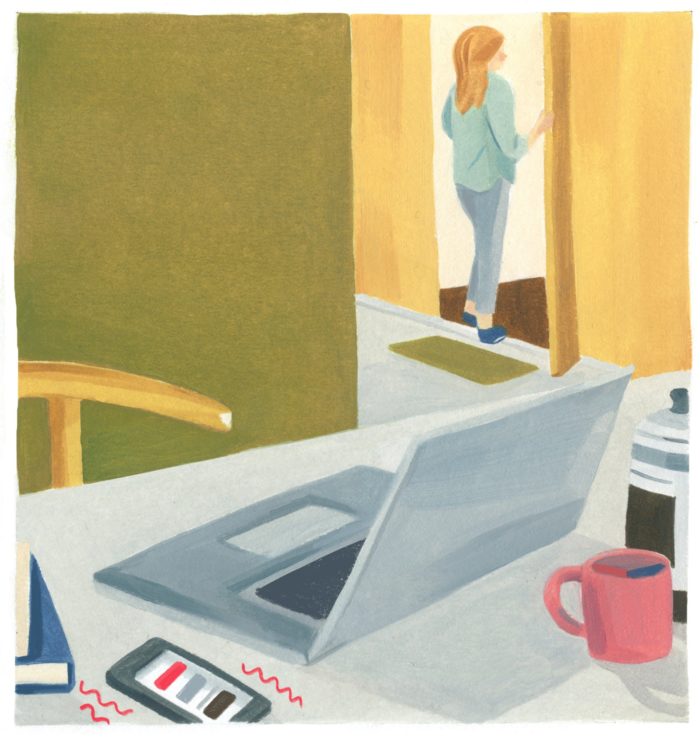
It all made sense to me, and then… [Record scratch ]I read the comment section: “This is how I lost so many friends” and “Good for you?, I guess.”
Granted, as the article nears its end, it does sound like the author is talking about a personal contact, whereas I was imagining a business one, but it really surprised me. The majority of the comment thread seems to think she’d gotten it all wrong!
There, readers, empty-nesters in particular, took to the forum to caution that children grow up and that if you don’t foster those other relationships in your life, you will be left alone.
“[T]hat person attached to said e-mail, is clearly not a ‘must-do’ or even a ‘must-have’ from your side of the equation. … we all have our priorities, of course. There are only so many hours in a day … You have made yours clear. Your friend will now also have to choose hers/his.”
A few others took issue with the smug premise: “It’s the tone that says ‘Aren’t I a wonderful mother to be so involved in my children’s life?'” and “This essay is a long, tedious exercise in virtue-signaling. Congrats. What a great parent you are.”
Wow, I had such a different reaction reading it before seeing the comments.
In the end, I do think there’s a big difference between the response I’d have if I felt certain from whom the unanswered email came, but the essay has stuck with me. It’s a reminder to get a handle on who and what you prioritize, but the comments are encouragement to let those who you want in your life to feel prioritized.
Read the essay first and tell me, what do you think? Did this resonate with you, too? Or were you likewise annoyed by the dismissed email? Do the comments surprise you? And on a practical note, how do you handle your inbox?
P.S. On The Tyranny of Email (Reply-All will be the death of me) and How to Unsend Email
[Second image via The New York Times, illustration by Grace Helmer; KJ Dell’Antonia is the author of “How to Be a Happier Parent” and a contributor to the forthcoming “On Being 40 (ish),” from which the opinion piece was adapted.]

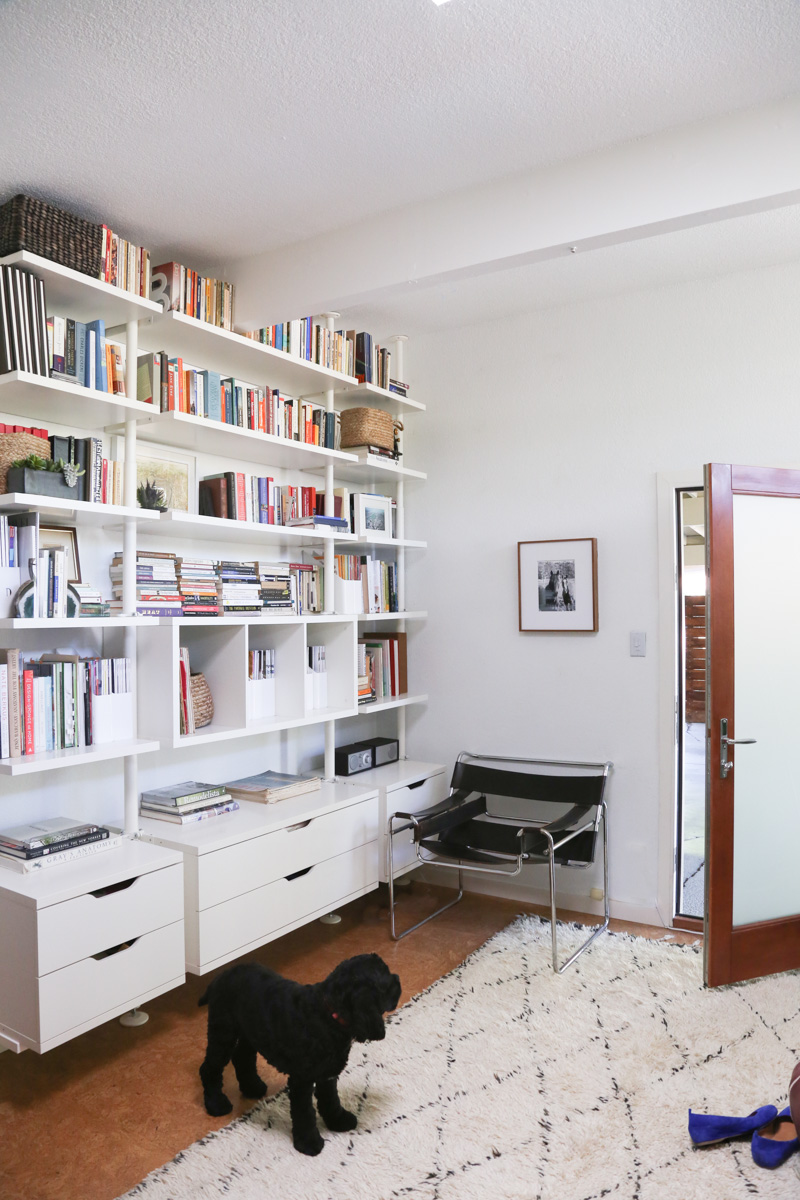



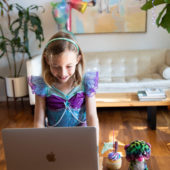
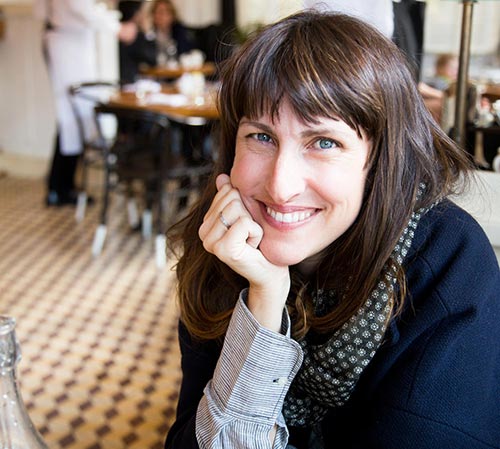




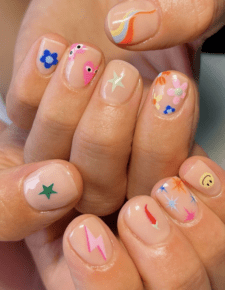



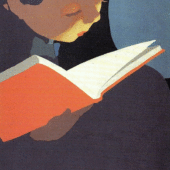



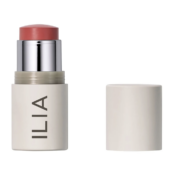





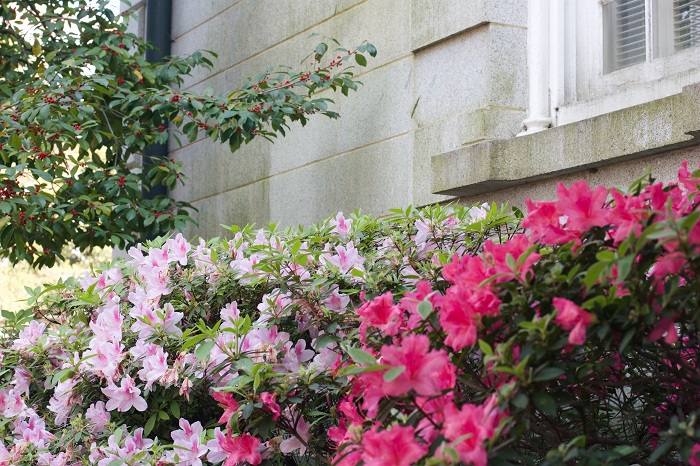



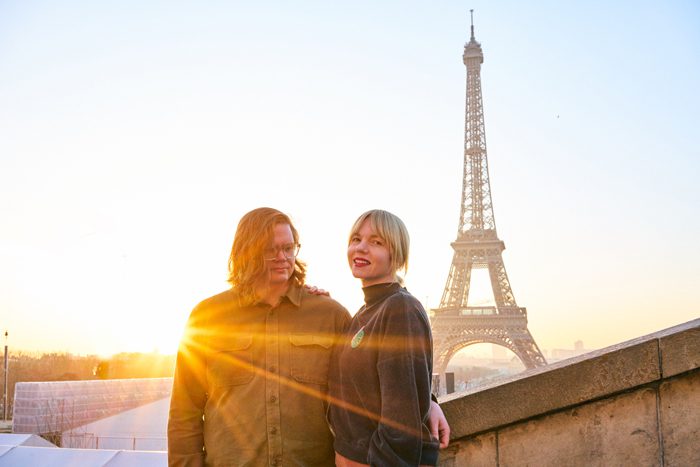







8 Comments